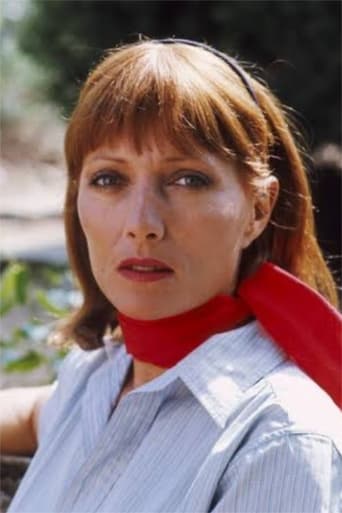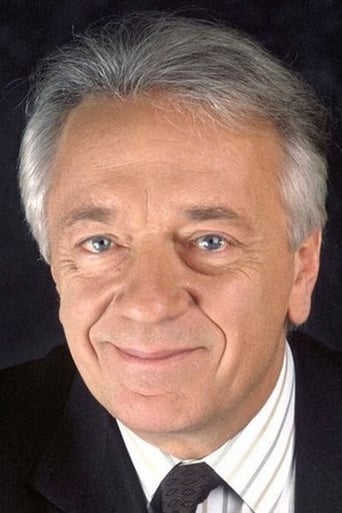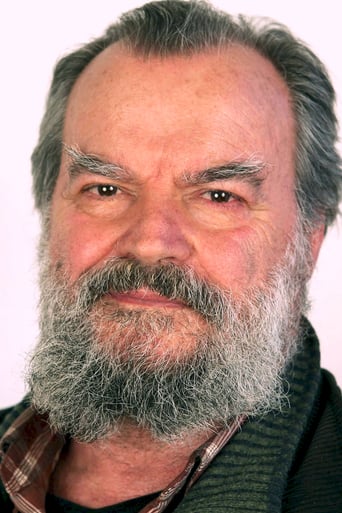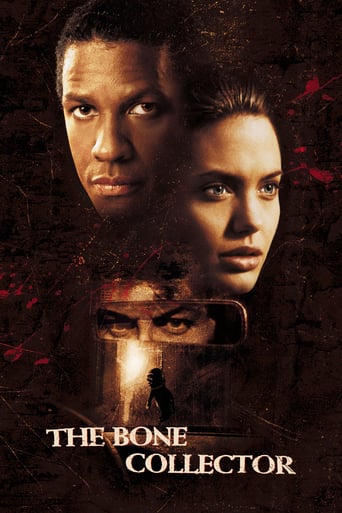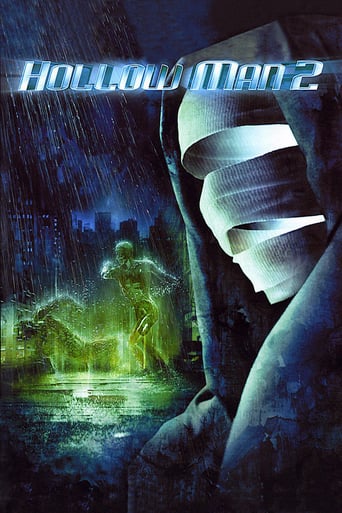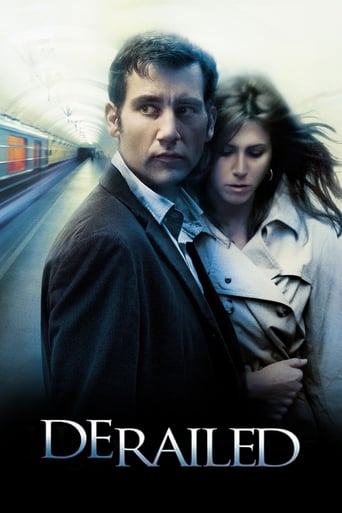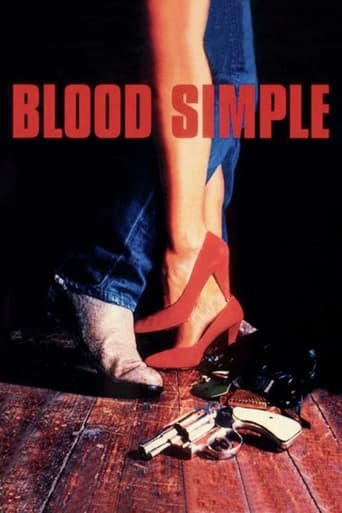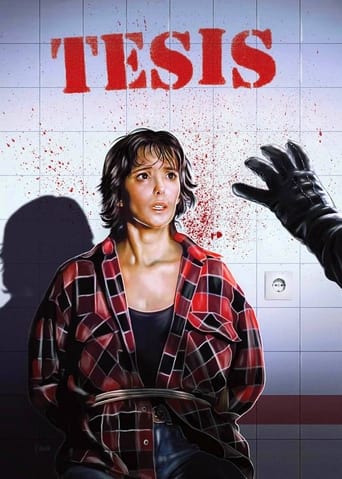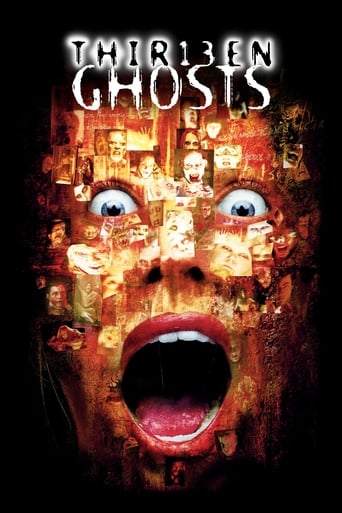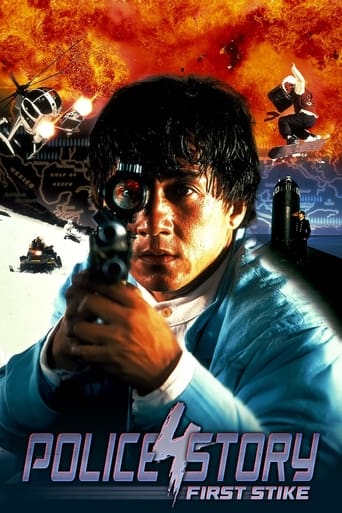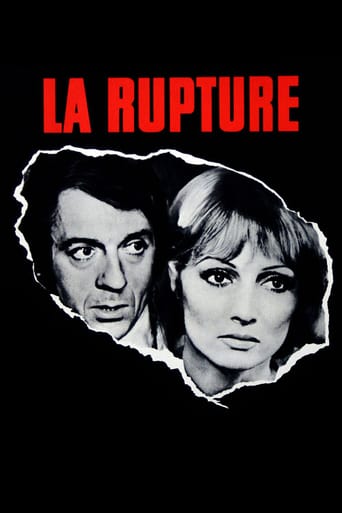
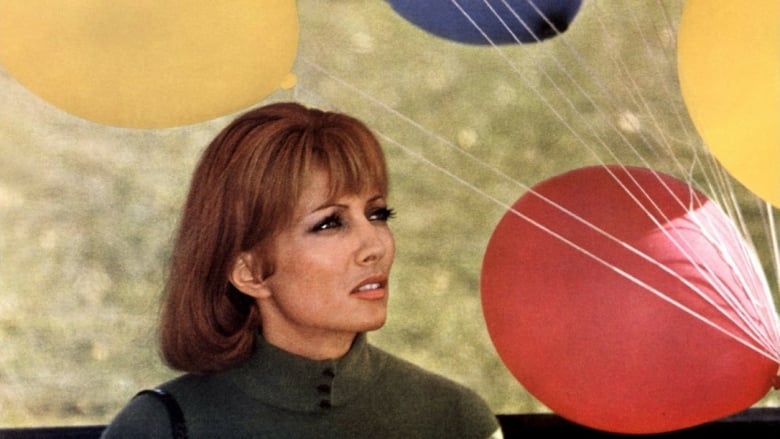
The Breach (1970)
An innocent woman falls prey to her abusive husband, his wealthy father and a shady family friend.
Watch Trailer
Cast
Similar titles
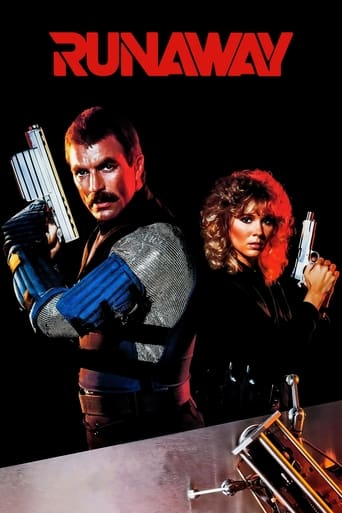
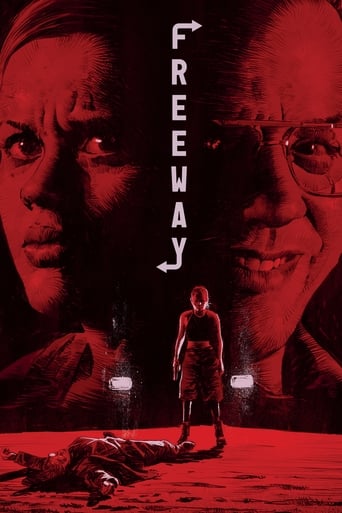
Reviews
A Masterpiece!
Fun premise, good actors, bad writing. This film seemed to have potential at the beginning but it quickly devolves into a trite action film. Ultimately it's very boring.
Blistering performances.
One of the worst ways to make a cult movie is to set out to make a cult movie.
When the aspirant writer Charles Régnier (Jean-Claude Drouot), who is drug addicted and mentally ill, throws his four year-old son Michel against the kitchen wall in a rage attack, his wife Hélène (Stéphane Audran) defends her son and herself, hitting Charles several times with a frying pan. Her neighbor takes Hélène and Michel to the hospital and the boy has to be interned with a broken leg and concussion. Hélène works as bartender and has supported her family alone since her wealthy father-in-law Ludovic Régnier (Michel Bouquet) hates that Charles has married with someone uneducated from the lower classes. Hélène finds a low-budget boarding house nearby the hospital and rents a simple room to be close to her beloved son. Further, she hires a lawyer to get the divorce and the custody of Michel. Ludovic is advised by his lawyer that Hélène would win the custody and he hires the lowlife Paul Thomas (Jean- Pierre Cassel), who is totally broken and desperately needs money, to find dirt evidences against the Hélène. The vile Paul lures Hélène telling that he is very ill and moves to the boarding house. After a while, he does not find anything against Hélène and he decides to fabricate evidences to destroy her reputation. But things do not work as planned.I have seen many excellent films of the master of suspense Claude Chabrol, but "La Rupture" is probably the best film I have seen of this French director and a masterpiece of human cruelty and sordidness. Chabrol usually criticizes the bourgeois class in his movies, and the fight between classes is shown in "La Rupture", with a sharp demonstration of how destructive the prejudice and the power of money may be. The plot presents wealthy characters; some of them are just glanced like the actor in the boarding house but everyone has an important role in the dark story. Paul Thomas is among the most despicable villains I have ever seen, with his corrupted soul. I could write pages about this masterpiece but instead, I prefer to recommend to viewers of good taste to see it. My vote is ten.Title (Brazil): Not Available
The alternative English-language title of this one, THE BREAK UP, always seemed to me to imply that Chabrol had made a typically classy treatment of the theme of a family going through divorce proceedings a full decade before that Oscar-laden triumph KRAMER VS. KRAMER (1979). However, the film's very opening sequence obliterates that misconception immediately and completely: the quiet breakfast being enjoyed by a mother (the ubiquitous Stephane Audran playing, as usual, a character named Helene) and her little son is suddenly shattered by the unkempt and sinister appearance of the father (Jean-Claude Drouot – perhaps best-known for playing Yul Brynner's long-haired right-hand man in THE LIGHT AT THE EDGE OF THE WORLD the following year) who is clearly in some kind of daze brought on by the use of illegal substances.The couple start arguing and, just as the man seems about to slap the woman, he grabs the kid and literally throws him clear across the room; the latter hits his head violently against the edge of a kitchen cupboard and lands in a bloody puddle on the floor! It is a thoroughly shocking sequence – not just because it is totally unexpected and comes so early in the film but also since this utterly vile act is committed by a father upon his own son! Previously, I had equally gasped at a similar deed featuring in Ingmar Bergman's influential period piece THE VIRGIN SPRING (1960) but, again, the blood link between abuser and abused here makes the action all the more reprehensible.Actually, the film's original French title, LA RUPTURE, should from the outset have been more suggestive to what was in store for the perceptive viewer and, indeed, can be interpreted to allude to various characters and events: the dissolution of the couple's socially incompatible marriage; the gash in the kid's head (he is confined to a hospital bed for the duration of the film and is never again seen in a conscious state); the wrecking of the illusory brashness with which down-on-his-luck mole (Jean-Pierre Cassel, effectively cast against type) callously spins a web of deceit around Audran in a frame-up engineered by her all-powerful father-in-law (Michel Bouquet, also uncharacteristically portraying a villain) to ensure the custody of his grandson; and, at the film's conclusion, the cracking of Audran's very sanity – not only through the incredible events happening around her, but also because of her unwittingly imbibing a drug-spiked orange juice drink concocted by Cassel!! And what about the breach in Chabrol's own stylistic approach to such archetypal material, taking in as it does a healthy dose of black comedy (the eccentric inhabitants at the foreclosing boarding house where Audran and Cassel install themselves – including three elderly tarot-playing snoops, delusional thespian Mario David, boozing landlord Jean Carmet and his bespectacled, "backward" daughter Katia Romanoff), sleazy bedroom antics (courtesy of Cassel's perennially nude and horny girl played by the delectable Catherine Rouvel) and even outright psychedelia (Audran's kaleidoscopic vision of friendly balloon vendor Dominique Zardi)! Evidently, Chabrol wears his well-documented Fritz Lang influence on his sleeve even in this case! For the record, the film under review is based on a novel by Charlotte Armstrong, of whose works Chabrol would later also adapt MERCI POUR LE CHOCOLAT (2000).The first-rate ensemble cast also boasts a handful of other notable names: Michel Duchassoy (star of that which is arguably Chabrol's finest achievement, 1969's THIS MAN MUST DIE – appearing here as Audran's sympathetic lawyer), Angelo Infanti (as the doctor treating Audran's son and a lodger in her peculiar dwelling) and even Belgian director extraordinaire Harry Kumel (who, I am ashamed to say, I did not recognize even though I know how he looks today from recent photographs and past DVD supplements!). As always with Chabrol during this major phase in his career, the impeccable accomplishments of cinematographer Jean Rabier and composer Pierre Jansen (who contributes a strikingly unsettling score) can never be underestimated.Incidentally, Audran and Cassel would later appear as an oversexed married couple in Luis Bunuel's THE DISCREET CHARM OF THE BOURGEOISIE (1972) and, again, in Chabrol's star-studded THE TWIST (1976) which, ironically, is reputed to be his nadir(!) – and, of course, Audran and Bouquet also played husband and wife in Chabrol's THE UNFAITHFUL WIFE (1969; which, like THE BREACH itself, can be counted among Chabrol's Top 5 movies) and JUST BEFORE NIGHTFALL (1971); besides, probably as a result of this same Franco-Italo-Belgian co-production, Bouquet and Cassel would themselves be subsequently engaged to participate in Harry Kumel's own exhilarating magnum opus, MALPERTUIS (1971).
By and large I can take or leave Chabrol but he has made a lot of films with Isabelle Huppert which is more or less how and why I began watching his stuff. Apparently he had a 'rich' period around 1970 give or take a year or so either way and this entry was right at the heart of it. If he has a schtick it is subjecting small-town/suburban France to a powerful microscope and this is no exception for we are offered a microcosm of a decadent French society as seen through Chabrol's jaded eyes complete with three symbolic witches a la Macbeth. In terms of plot a man, heavily under the influence of LSD attacks his wife and child. She sues for divorce. His wealthy father moves heaven and earth to gain custody of the child. Virtually everyone is dirty. Forget a happy ending. Stephane Audran is excellent. What can I tell you.
"La rupture" might be the best Chabrol.I've recently seen it and I think it has improved a lot with time,more than any other movie of the Chabrol 1967-1973 heyday,even more,in several respects,than "le boucher" or "que la bête meure".Completely overlooked,there is a lot of Chabrol fans that don't even know the existence of "la rupture",and the critic-when they know it - has always been condescending.Why is it the best Chabrol?Because it has almost everything that we find in the director's other works:love,suspense,bourgeoisie contempt,mystery,humor-mostly black-,and even surrealism.Two influences are glaring as far as"la rupture" is concerned: Alfred Hitchcock 's(the actor,telling the heroine that the world is a dirty place recalls Uncle Charlie in "shadow of a doubt")and Henri-George Clouzot's(the boarding house recalls "l'assassin habite au 21")The main topic is the power of money;never Chabrol has been as convincing as here.Michel Bouquet,the accurate prototype of a French bourgeois circa 1970 is terrifying.He's got a wallet by way of heart and he stalks his daughter-in-law as a spider on its web,to get the custody of his grandson.When Audran ,desperate,comes back from the airport,two scenes pack a real wallop:the first one shows the reunited couple,desperately trying to pick up the pieces,whereas they know they are bound to fail.Audran and Drouot are harrowing and the spectator wish they could get out of this money pigpen.A second scene,just following this one,shows Audran telling her contempt to the discreet charm of the bourgeoisie.Chabrol is actually speaking out here,and his voice has never been so devastating.There 's a lot of subplots and never a Chabrol supporting cast has been so important.He achieves a real tour de force:every character is interesting,be it the owner of the boarding-house,her alcoholic husband,her retarded daughter,the three old ladies,the villain (Machiavellian Jean Pierre Cassel),his nymphomaniac accomplice,the good doctor....Money allows very bad things,the right to pervert an innocent child is not the least.The scenes between the villains and Elise,the poor idiot have a contemporary feel .Money allows the over-possessive mother(an Hitchcockian influence again) to pick up her beloved child (in his thirties!), to read him "the knights of the round table",and to poison him with protection.Money allows to tarnish a brave mother's reputation when she makes her best to cope with her plight.The movie eventually drags down the whole cast for an astounding finale,complete with drugs,deaths,hallucinations (a bit dated,admittedly)and the balloon release comes as a relief.Stephane Audran ,more than 15 years before "babette's feast" is wonderfully cast as a mother who 's got to fight for her child and her honor.Her beauty radiates in this filthy world.Once again,"la rupture "contains whole everything that Chabrol had done before and heralds the best that he has done since.It deserves to be restored to favor.NB:It's superior to Charlotte Armstrong's "balloon man" which provided the story.All the names but one (Sonia)were Frenchified,Sherry becoming Helene.
